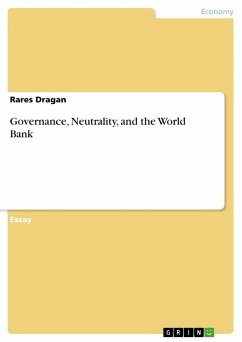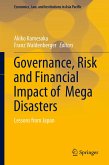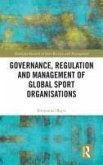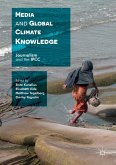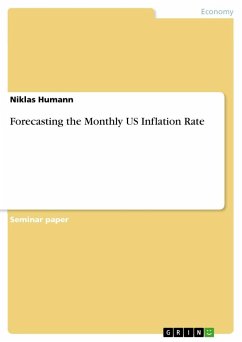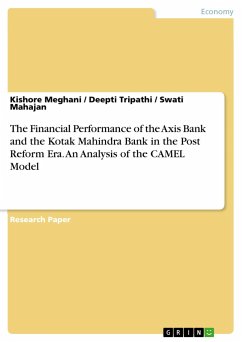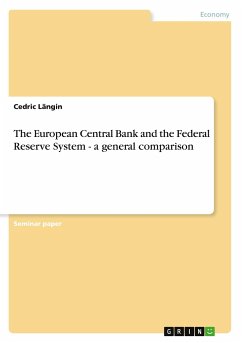Essay from the year 2017 in the subject Business economics - Banking, Stock Exchanges, Insurance, Accounting, , language: English, abstract: In this age of globalization, there is an expanding demand for global governance. Moreover, global governance should be perceived alongside a possible continuity of governance that ranges from international order to world government. In the late 1980s, the term of "global governance" was introduced, and it was defined as the possibility of states to collaborate under anarchy, by setting up international institutions. Global governance is a broad, ever-changing and intricate process of reciprocal decision-making that is always fluctuating. Furthermore, there is no singular form or model of global governance and no single structure or set of structure. The complexity of global governance contains a wide combination of actors, institutions, and processes that unfold at three different levels: supranational; national and subnational.The World Bank's activities around the world are a frequent matter of analysis. This can be happening, because of the significance and impact of the Bank's policies and recommendations on local societies and governments. The Bank's mandate is without any doubt limited to the economic and financial aspects of government. Built on this, The World Bank take up an officially neutral position regarding internal politics of the nations with which it works, as shown in the article of Stevens and Gnanaselyam (1995). Nevertheless, other scholars, as Williams and Young (2005), argued that such neutrality is hard to realize, due to the fact that any policy the Bank proposes is based on pre-settled premises, based on liberal ideas placed on liberal ideals, which eventually become forced upon the states that want to receive a loan from the Bank.This paper will display both views and apply the concepts presented in an empirical case in order to emphasize the World Bank's governance as a transnational organization.
Hinweis: Dieser Artikel kann nur an eine deutsche Lieferadresse ausgeliefert werden.
Hinweis: Dieser Artikel kann nur an eine deutsche Lieferadresse ausgeliefert werden.

